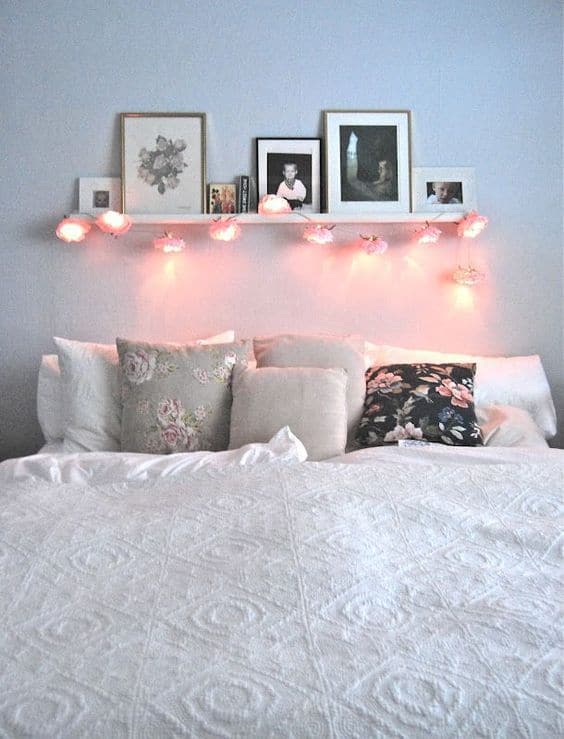
We have all heard about the term ‘beauty sleep’. Although getting enough ZZZs is important for maintaining your good looks, it is also the key to your overall well-being.
In fact, sleep deprivation can lead to impulsive behavior, anxiety, depression, paranoia, it increases your risk for chronic conditions, heart attack and stroke and leaves you more vulnerable to respiratory infections.
Unfortunately, a lot of factors can interfere with a good night’s sleep ( find more on runnerclick ). If you spend every night tossing and turning and you ‘welcome’ every sunrise with dark bags under your eyes, it is time you make some changes in your life – like choosing a good mattress and following these several tips that can help you get a good night’s sleep.
Create a sleep schedule and stick to it
We are creatures of habit, so try going to bed every night and getting up in the morning at the same time. Keep in mind that you need at least seven hours of sleep every night, but no more than eight. Do this every night and you will reinforce your body’s sleep-wake cycle.
At first, you won’t be able to fall asleep immediately and you will hate the sound of your alarm clock in the morning. However, as time goes by you will realize that you are getting sleepy every evening at the same time and waking up well-rested on your own every morning.
What and when you eat matters
If you eat a three-course meal for dinner it is no wonder that you can’t fall asleep. A stuffed stomach can keep you up at night as much as an empty one. Therefore, make sure you have dinner a couple of hours before bedtime and avoid midnight snacks. In addition, nicotine and caffeine take hours to wear off and can disrupt your sleep, so avoid smoking and coffee late at night.
Don’t let the bed bugs bite
These tiny, annoying insects tend to bite people when they sleep, and their bites can turn to itchy welts that can keep you up at night. If you have noticed that you have been scratching in your sleep a lot lately, it might be wise to check for signs of an infestation and get rid of bed – bugs before they spread to other rooms.
Turn your bedroom into your sanctuary
People sleep better in dark, cool and quiet rooms, so use room-darkening shades, turn on the air conditioner or use earplugs to create an environment that meets your needs. In addition, you should turn your bedroom into a tech-free zone with no TVs, computers or even phones. If that is something you could never do, at least try to avoid prolonged use of light-emitting screens before bedtime.
Don’t nap
We all know how refreshing a nap can be, especially after lunch, but long daytime naps can mess up your nighttime sleep. Even if you decide to take a nap in the afternoon, don’t sleep for longer than 30 minutes.
Get some exercise
Working out on a regular basis can do wonders for your sleep and improve your overall health. If you decide to give exercising a shot, try doing it outside as much as possible. However, keep in mind that you should avoid strenuous workouts too close to bedtime.
Don’t go to bed angry
Or worried. If you are feeling stressed and you haven’t resolved your concerns before bedtime, chances are you won’t be able to fall asleep. Therefore, write down what’s on your mind and then set it aside for another day. If you are feeling anxious, try meditating before bed in order to put your mind at ease.
Almost everyone has a sleepless night every now and then. However, if you cannot remember when was the last time you had a good night’s sleep and you have done everything in your power to solve this problem, you should consider talking to your health provider. A doctor can identify and treat any underlying causes that are preventing you from getting a well-deserved rest.
